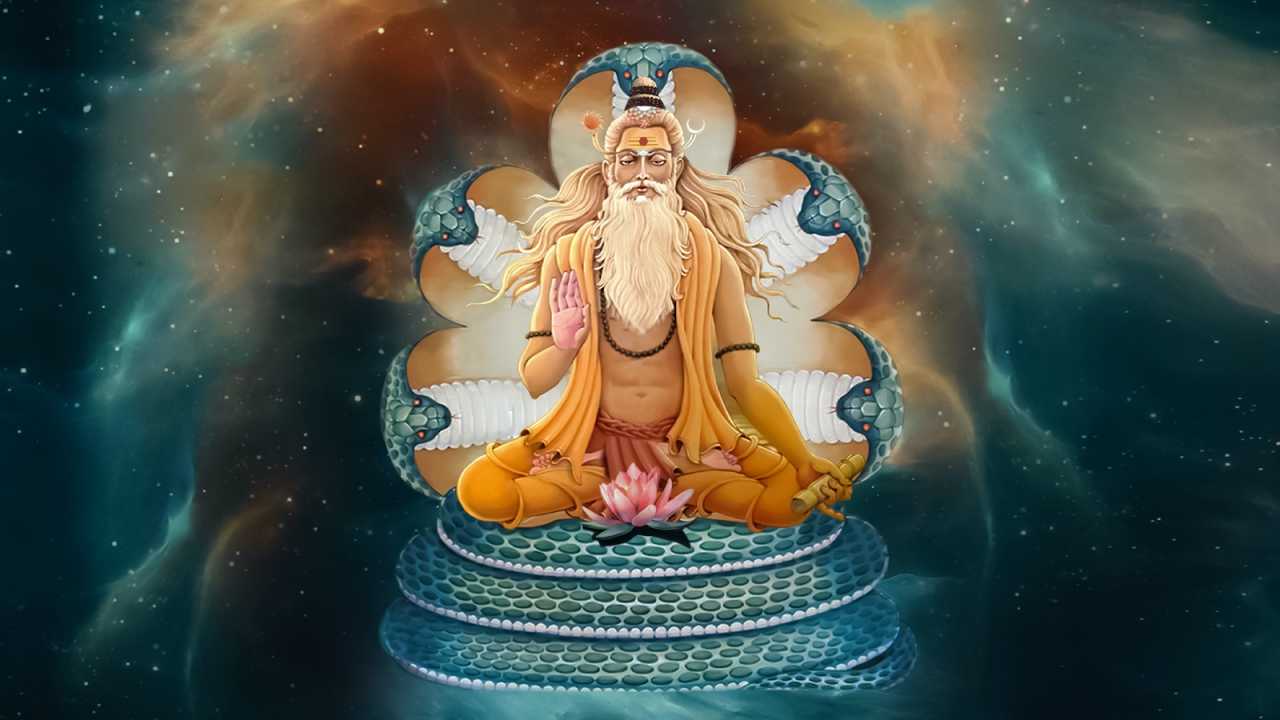
The mind is akin to an iceberg, with its massive base submerged in the water. A storehouse of many lifetimes, it carries much residue that gives us pain and anguish and affects our relationships – unless we learn the art of tending it daily. The first step lies in taking responsibility, acknowledging that the mind’s condition is entirely self-created; others merely provide situations.
A Sadguru is the one who has purged the mind of all darkness from...
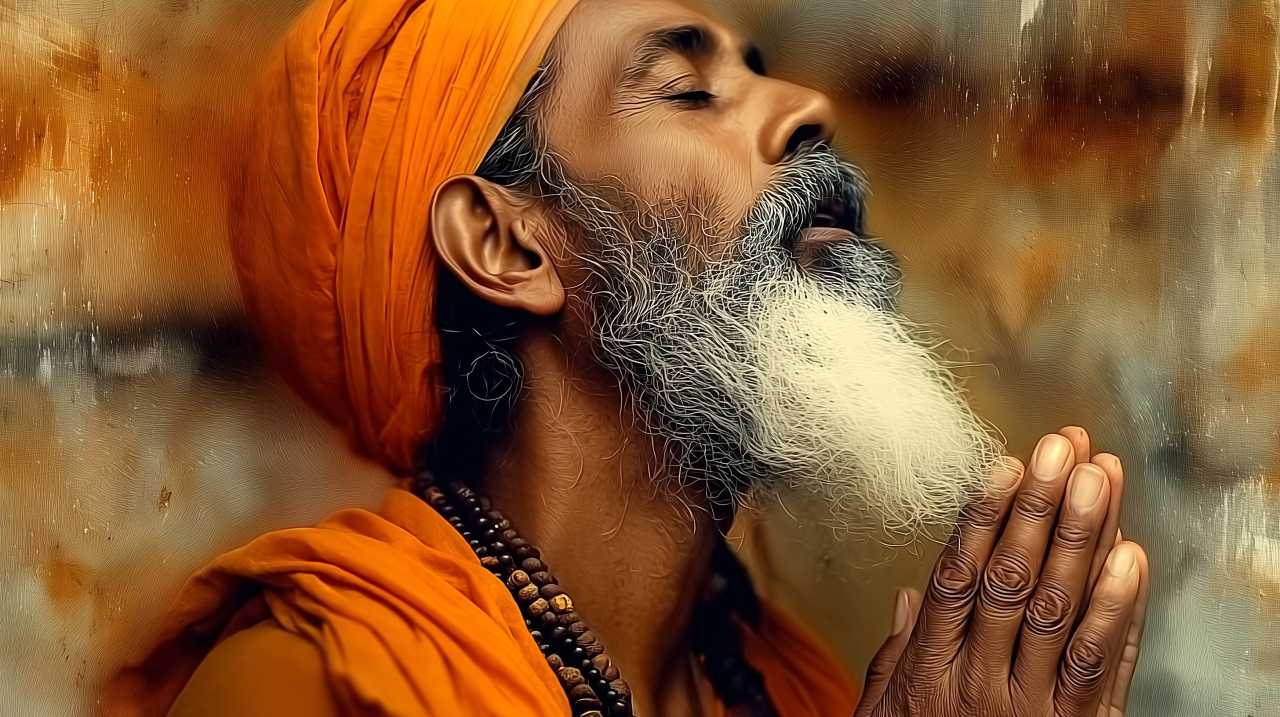
If you must be crazy, then don’t be crazy for fleeting things; rather, drop your cleverness and go mad in adoring the source of life and love within. Such is the daring declaration of the mystics and bhaktas, like Kabir Sahib or Baba Bulleh Shah. In this spirited piece, Anandmurti Gurumaa sings this very song of love, inviting each of us to live in abandon, and be blissfully baura – crazy.
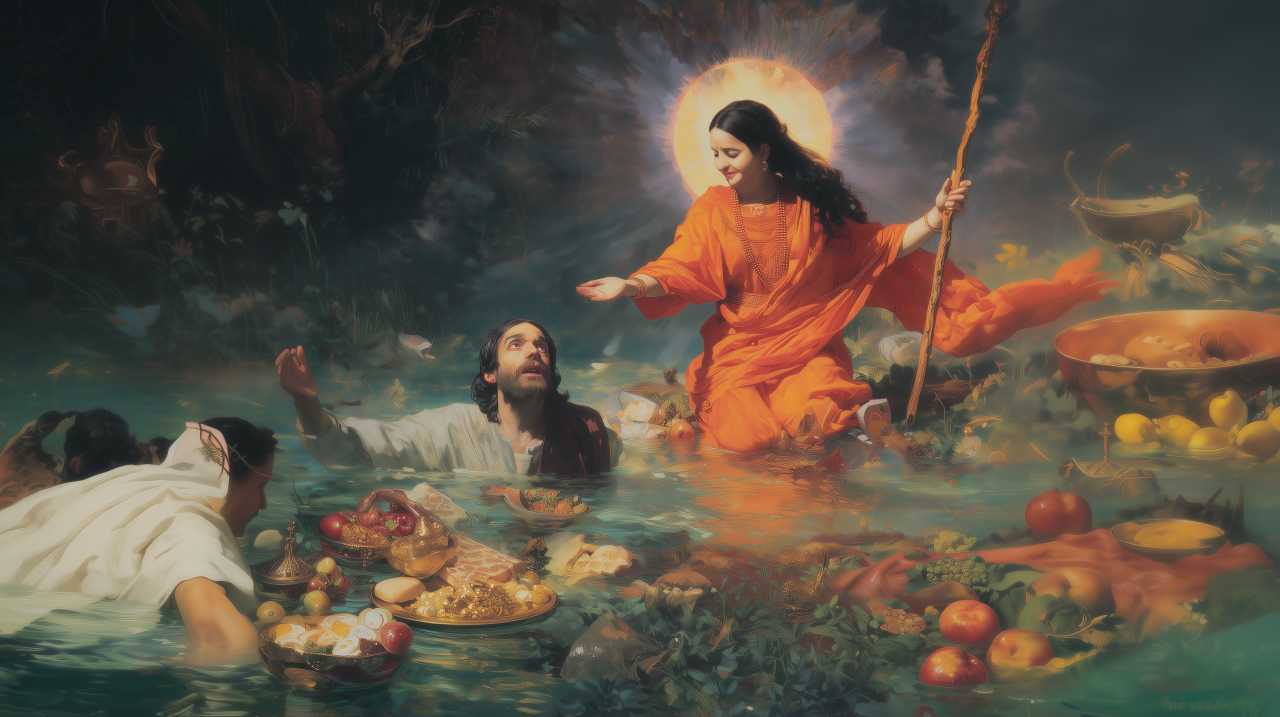
This beginningless play of the world has entrenched our minds, and it is only upon meeting a true Guru that one realises that life has been spent in forgetfulness. In this thought-provoking discourse, Pujya Gurudev Anandmurti Gurumaa reveals the essence of the Guru and, through a parable, illustrates the perpetual game of maya and a seeker’s predicament.
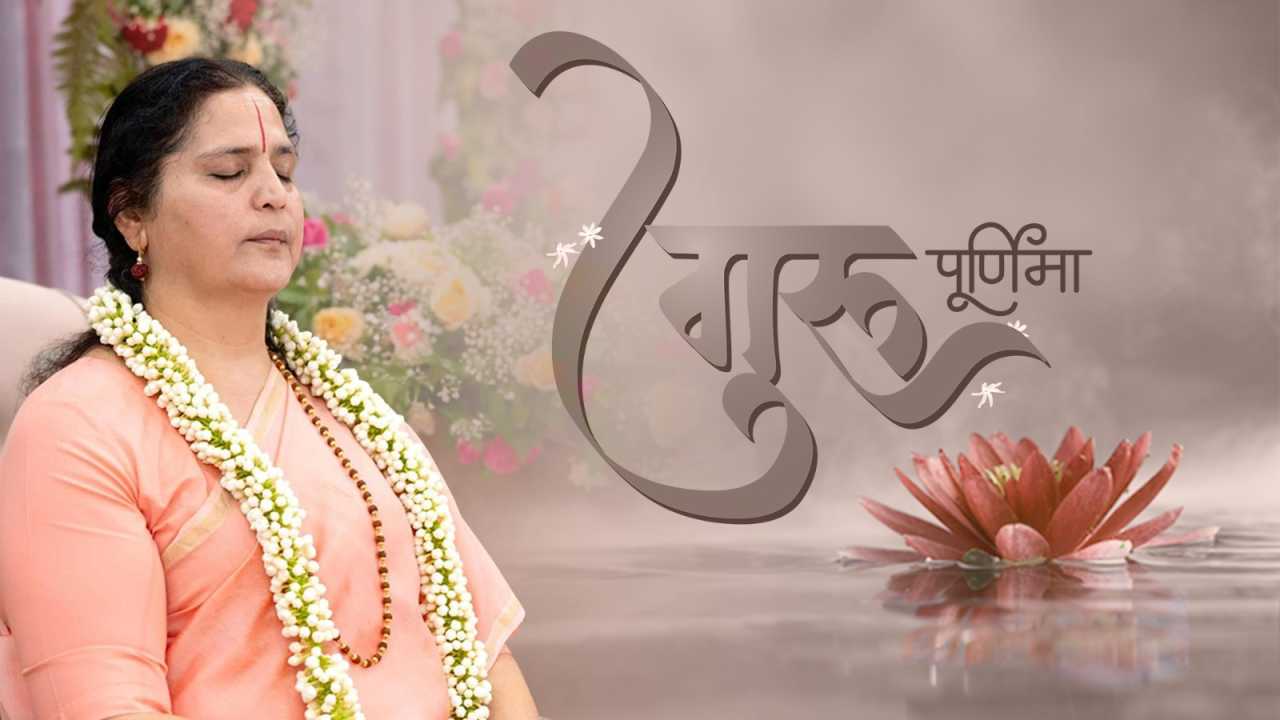
In this heartfelt address during the last Guru Purnima, Sadgurudev Anandmurti Gurumaa reflects on the Guru–disciple tradition, the stream of gyana, and the grace that flows through the lineage of sages. Let us mark this day by recognising the priceless value of the Master’s presence in our lives, and resolve to become true, worthy disciples.
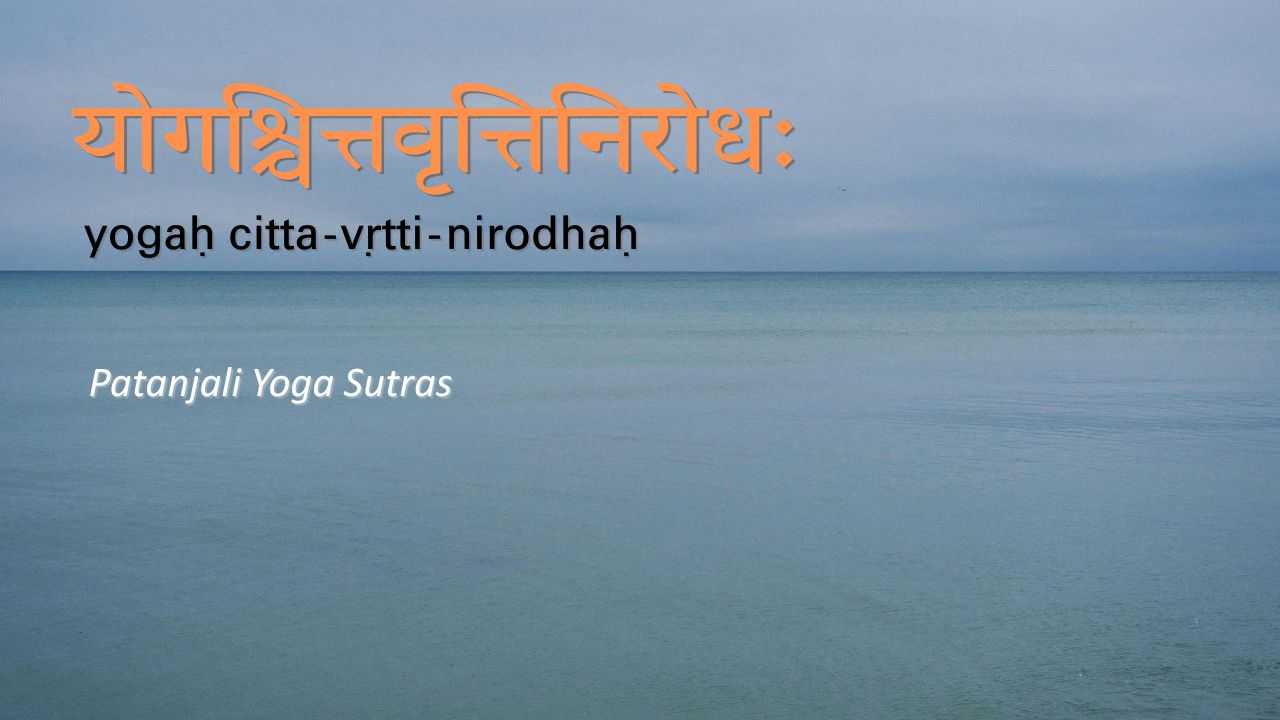
Patanjali’s Yoga Sutras are a cornerstone of yogic philosophy, offering profound insights into the workings of the mind and the true purpose of yoga. The celebrated second sutra encapsulates the very essence of yoga: yogaḥ citta-vṛtti-nirodhaḥ. In this article, revered Gurudev Anandmurti Gurumaa offers an insightful exposition on this timeless aphorism, revealing its intended meaning.
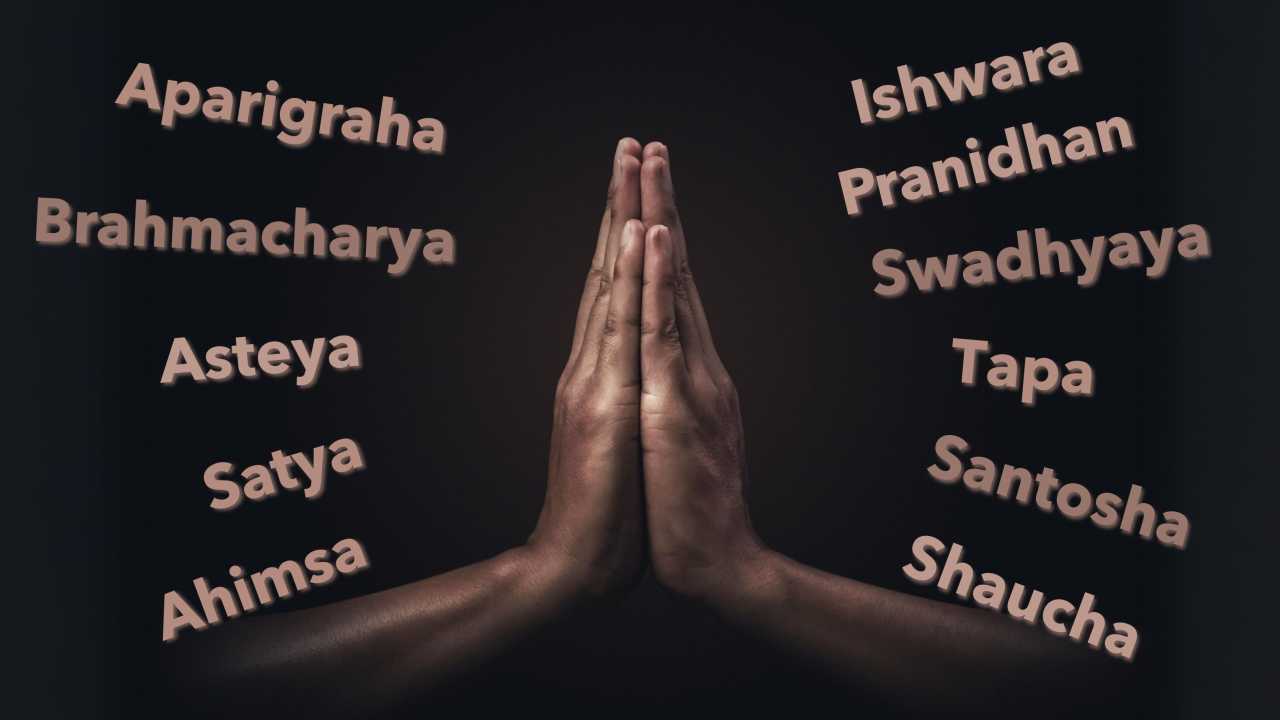
The discipline of yoga doesn’t begin—or end—with asanas. Just as a tree can bear flowers only with its roots deep in the earth, the yoga aspirant must carefully cultivate certain foundational values without which the flower of meditativeness won’t bloom. Sage Patanjali has grouped them into five yamas (restraints) and niyamas (observances), which purify the mind and prepare the ground for sadhana. In this article, revered Gurudev Anandmurti Gurumaa’s profound insights guide us...
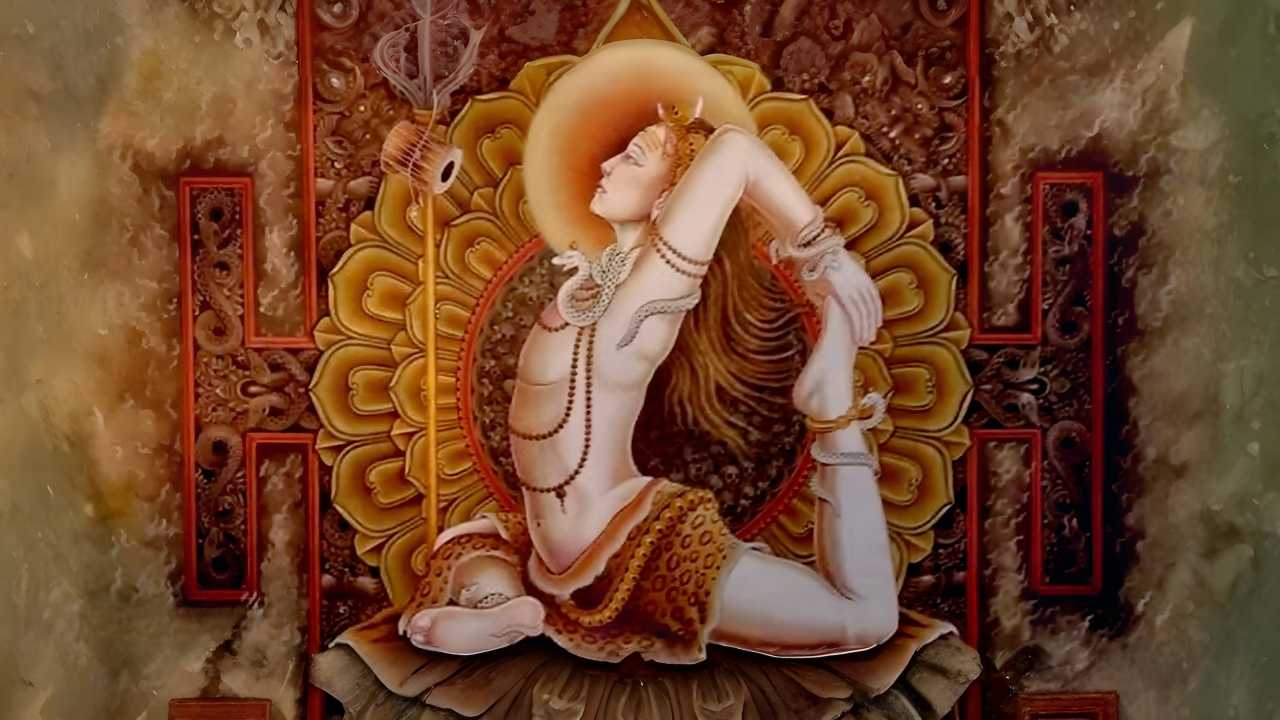
This International Day of Yoga 2025, take a moment to explore what yoga truly means. Beyond fitness trends, yoga is the inner science of consciousness, first expounded by Shiva, the Adiyogi. Read on as revered master Anandmurti Gurumaa delves into its essence, inspiring us to walk the path with fervour and right understanding. This article is drawn from “Path of Yoga,” a discourse given by the Master on the same occasion in 2015.

Many Hindus adore the Divine by visiting temples or performing aarti, waving lamps, beating drums, and playing cymbals before a murti (idol). In this insightful article, Pujya Gurudev Anandmurti Gurumaa elucidates that for a yogi, God is not a mere statue. The Divine has no form or name; it is the unchanging, absolute existence. Yogis perform their worship differently—by stilling their mind in meditation and adoring the Atman, the pure and...
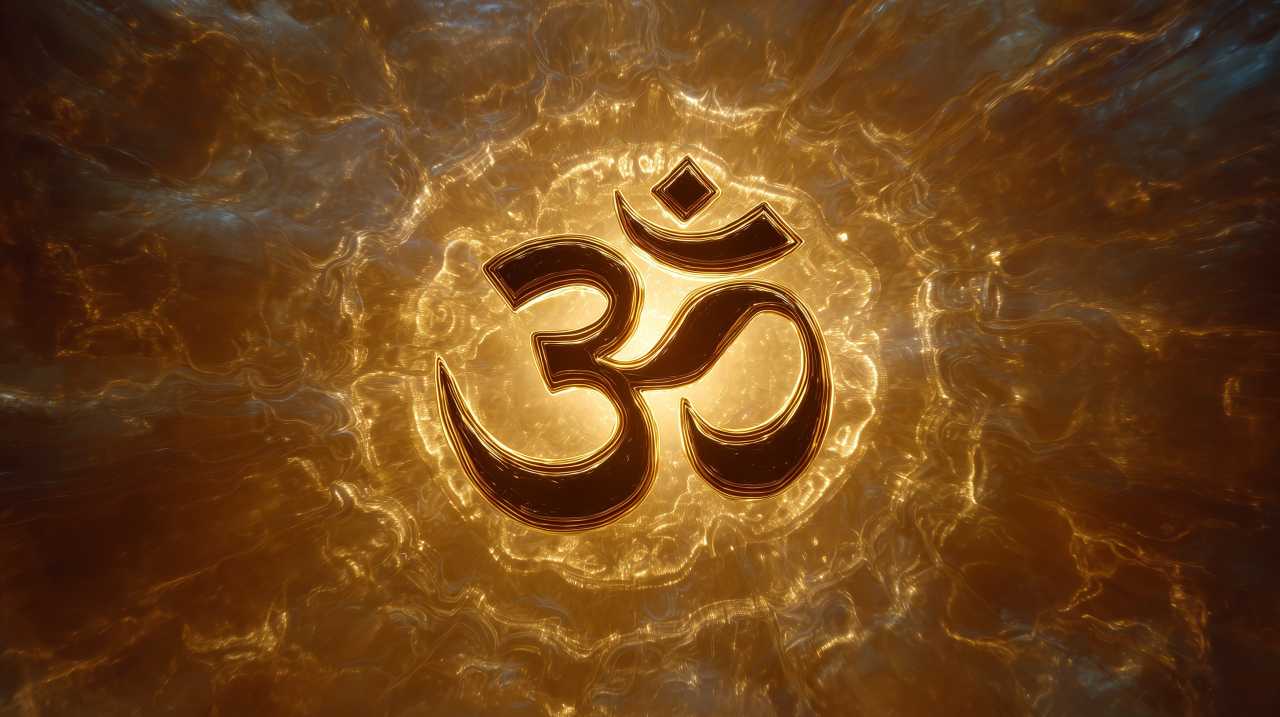
Modern life offers many comforts and technological advances, but often overlooks the most essential dimension—the human being. True joy doesn’t come from wealth or achievements but is naturally present in one who possesses clarity, peace of mind, and a healthy body. To acquire these qualities, uttering certain sacred sounds is a simple yet powerful method—the science of mantra yoga. In this article, revered Gurudev Anandmurti Gurumaa sheds light on the mind, mantra meditation, and the...
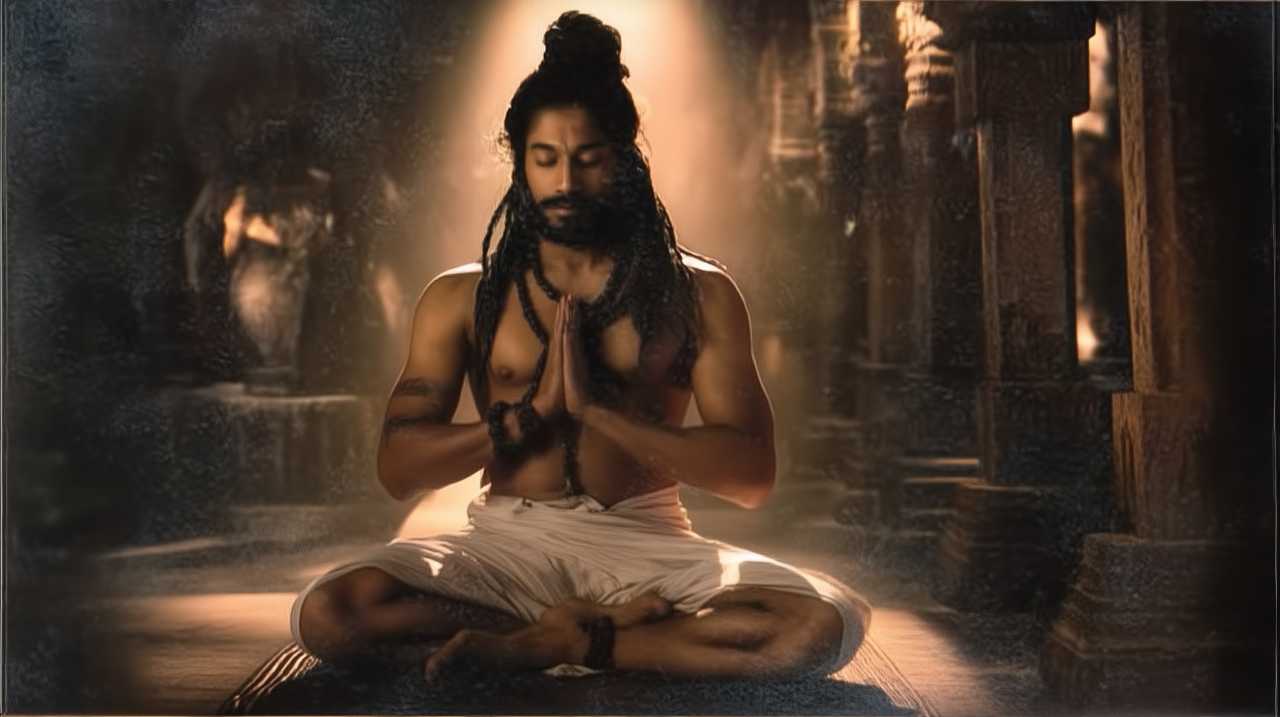
Most people have experienced ordinary love in their lives, whether between a mother and child or a boyfriend and girlfriend. However, this kind of love is physical and self-centred—it lasts only as long as needs and demands are met. You haven’t yet known that true and unconditional love. I say, if you haven’t tasted Divine love even for a moment, you haven’t really lived yet.

Animals live their lives bound by the cycles of nature. Only a human being can think, explore and experience the ultimate Truth. Human birth is a gift, but how to make the best use of it, live meaningfully, and fulfil life’s purpose? Our ancient shastras consider the purpose of life to be fourfold: dharma, artha, kama, and moksha. Revered Gurudev Anandmurti Gurumaa unveils their true meaning, outlining a map...

